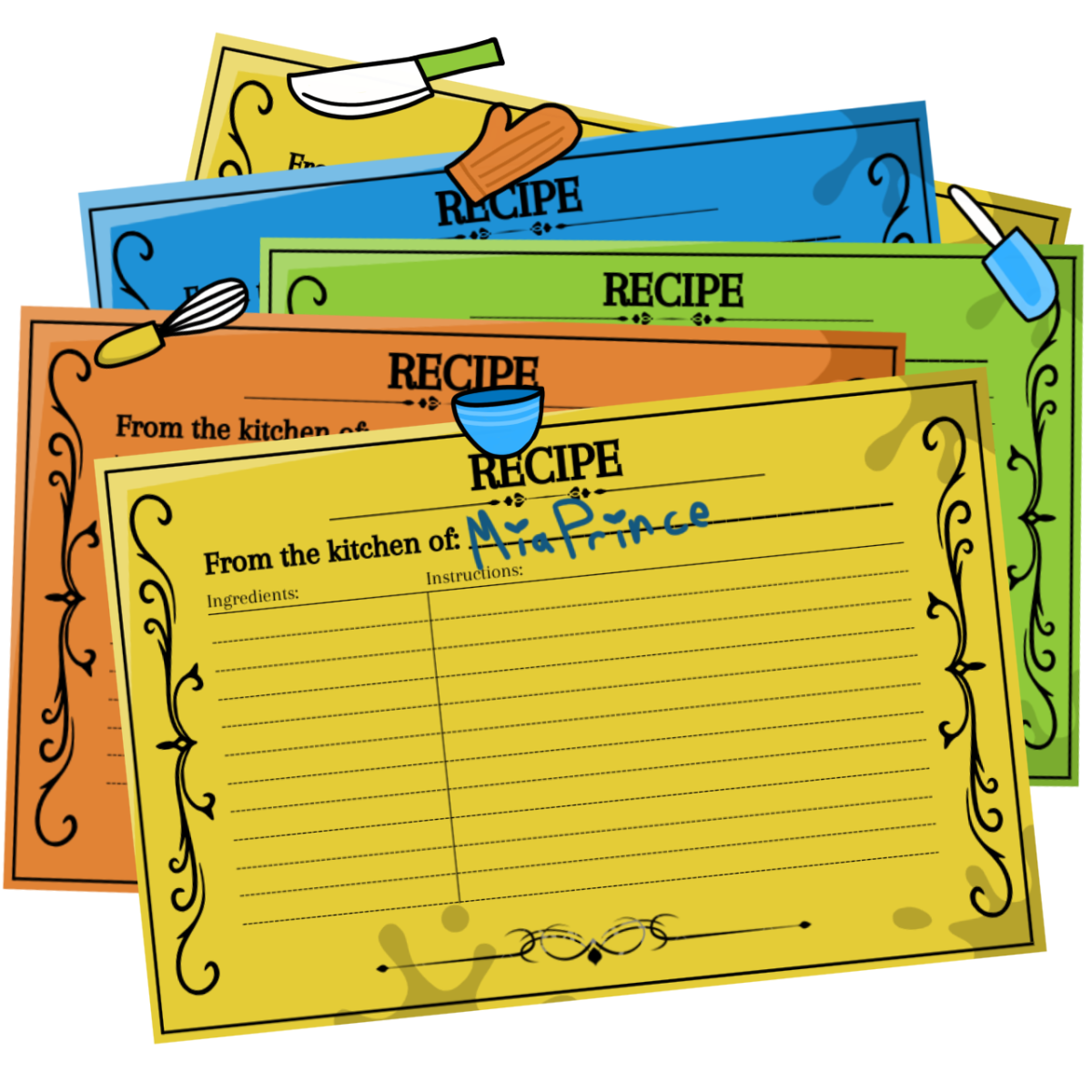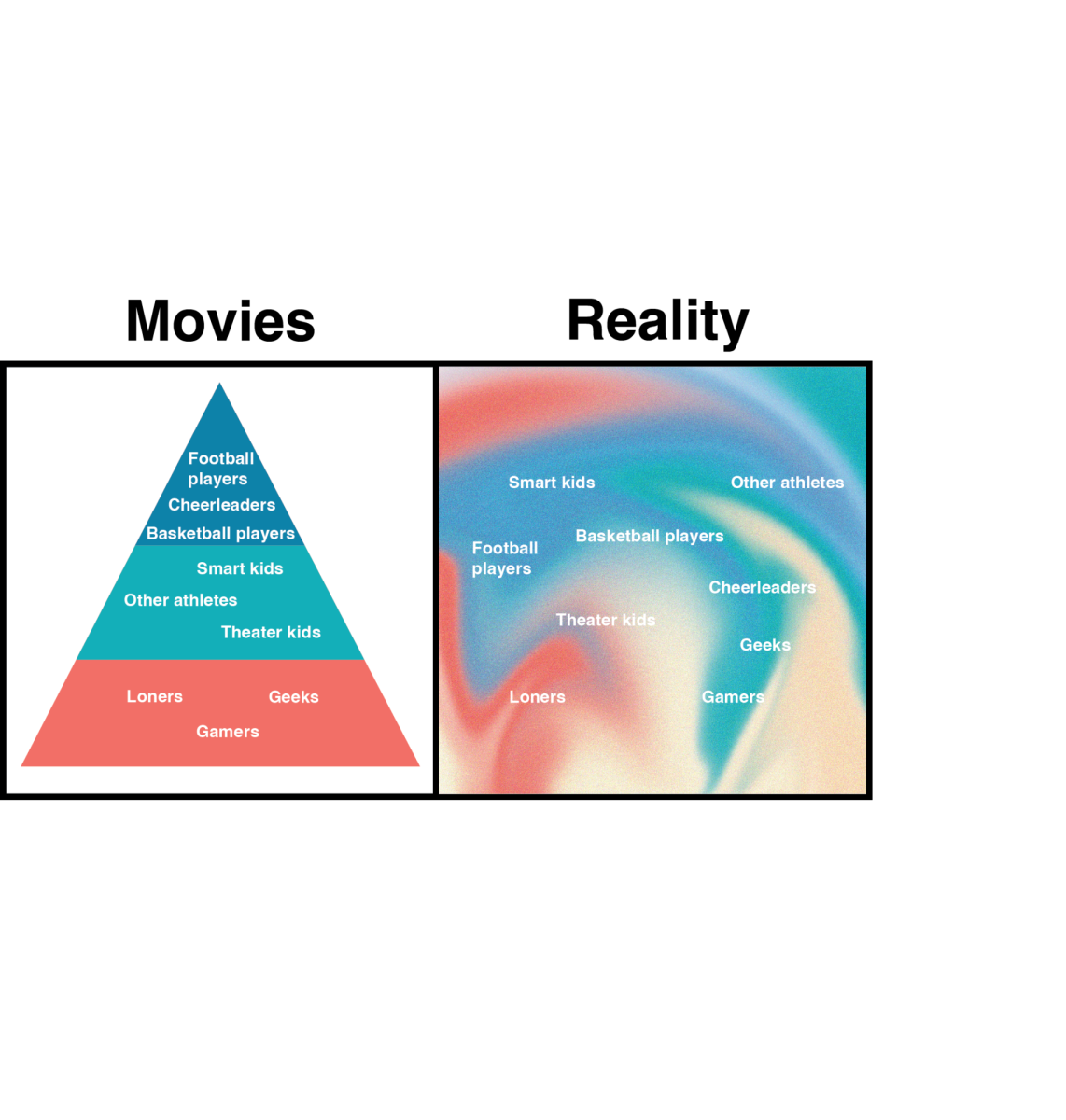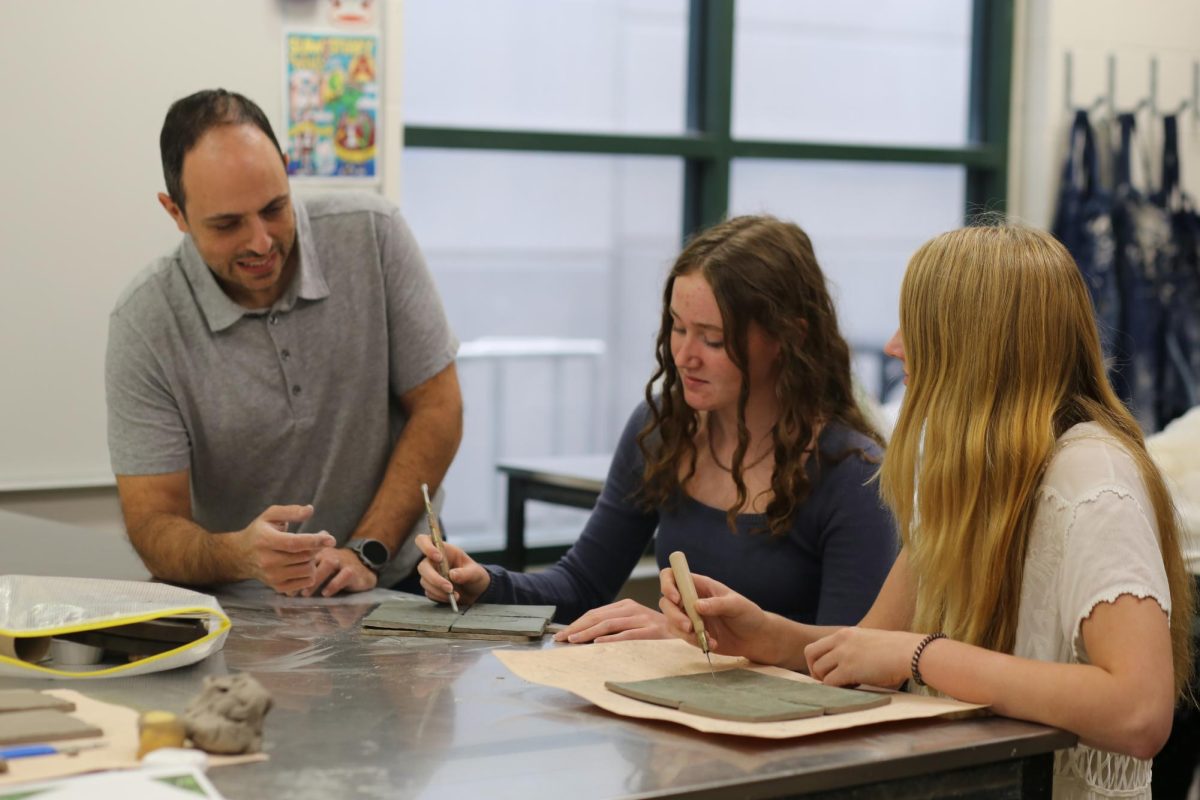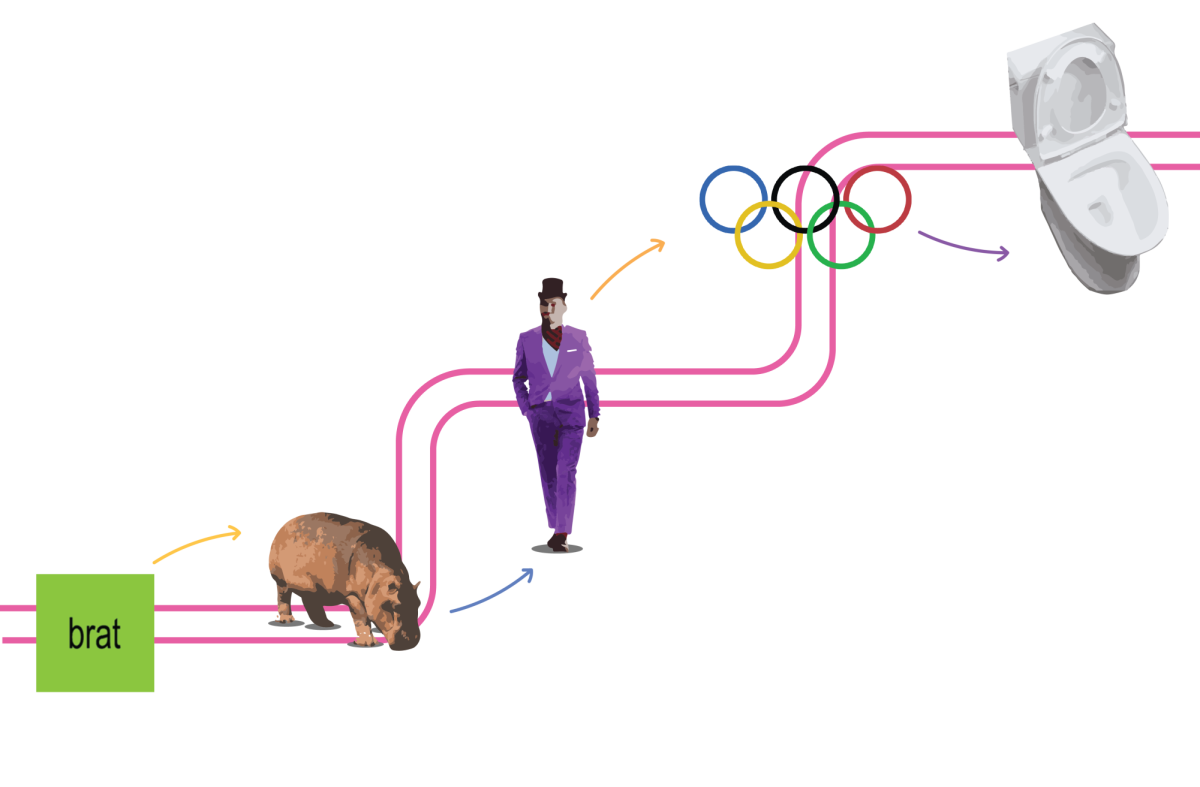Every Sunday night, the smell of freshly baked meatballs, pots clanking, spoons stirring is something chef Matt Carcone experienced. Carcone cooked his grandma’s recipes, and his family enjoyed making homemade meatballs, stuffed peppers and his “world famous” marinara sauce. Carcone, sous chef at Bar Italia, established his love for cooking at a very young age from being in the kitchen and helping with dinner. Carcone’s love for cooking became apart of who he was and motivated him to pursue a career.
“Growing up, both my parents, mostly my dad, would always cook, and when I was young I used to enjoy making dinner with him,” Carcone said. “So I started getting into it, and then I ended up going to a trade school in high school that had a culinary program.”
One childhood memory can set people on track for their college, profession and adulthood. From making dishes with loved ones or doing simple everyday activities, anything can influence decisions that are made later in life. According to the American Psychological Association, previous research has shown a positive relationship between good memories and good health in young adults, including higher quality of work and personal relationships, lower substance use, lower depression and fewer health problems.
“I went to the program, finished that out and then just went to work right after,” Carcone said. “I didn’t go to college or anything. I went straight into work and then just built my way up from line cook all the way up to a sous chef now.”
Each dish, memory and activity can have a story behind it. These dishes go farther than just the food, there is an art to each dish that tells a story. Carcone has many family dishes that have deeper meanings personal to him and his family.
“My mom’s meatballs, marinara sauce and stuffed peppers were all family recipes that were passed down,” Carcone said. For many, the love for food and cooking started from a young age and stemmed from their culture. This was the case for both Carcone and senior Amanda Touissant. Many families pass down recipes through the generations as a way to connect to their ancestors and other people of that cultural descent. Their cultures have an influence on their love for cooking, culture and family recipes.
“[My dad] taught me how to cook and showed me how to make a lot of the recipes and I was able to put my own twist on a lot of things that he taught me and then share the new recipes with him again,” Touisant said.
Touissant finds that food is a good way to connect with other Haitians, and she fell in love with food at a young age from passed down family recipes.
“It’s interesting how you can go to like anyone who is Haitian and be able to talk about your favorite meals or talk about how on every New Year’s we always make this specific soup that we eat every year,” Touissant said. “I feel like that’s kind of interesting, and it’s nice to be able to connect that way.”
When she goes back to visit family she is able to cook food with her aunts and uncles, and it is a way that they can connect and share memories together.
“I’m able to go visit my country, Haiti, when I go back, I’m able to talk with my other family members and we’re able to cook together and talk about the dishes we made,” Touissant said.
Each flavorful dish can create a memorable experience which enhances the taste, the dish overall and the memories that come with it. The memories associated with food allow a better connection between a person and their culture. Food is a new way of expression, a way for people to introduce themselves, and portray themself in a new light that many people have not yet experienced before.
“It’s nice to see how different people put their own twist on dishes, even though it’s all cooked the same way, some people might add something and it might be like oh wow, that’s interesting,” Touissant said. “I like that we can connect that way.”















